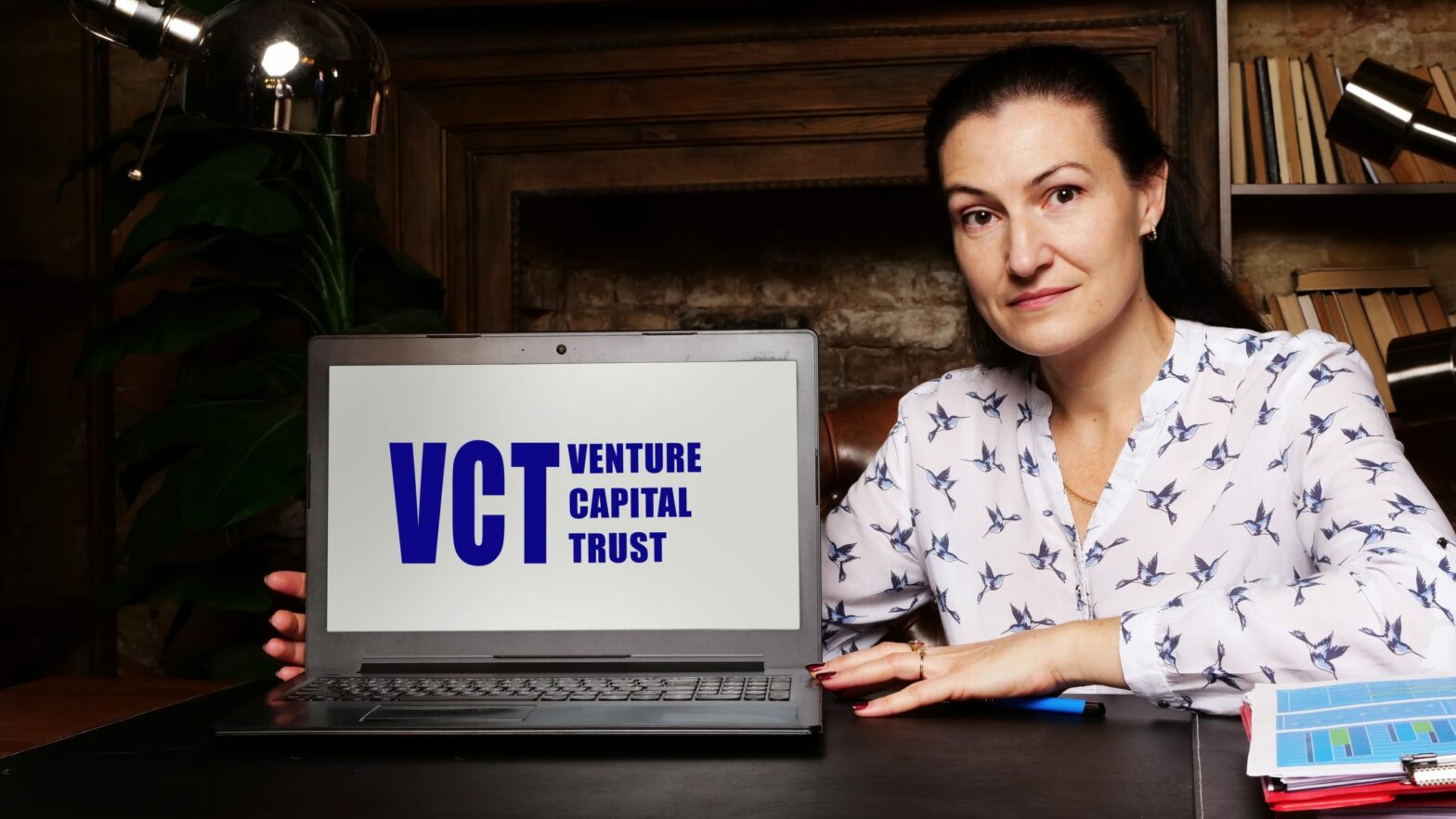Venture Capital Trusts, investment funds aimed at fast-growing businesses, have asked Rishi Sunak to give them longer to reinvest profits.
Currently venture capital trusts have to recycle capital returns within one year.
The Venture Capital Trust Association (VCTA), which represents 75 per cent of funds, would like to see that extended to three years.
David Hall, vice-chair of the VCTA, said: “Extending to three years would just keep the money in the system.”
>See also: Rishi Sunak review moots £1bn fintech growth fund
At the same time, business secretary Kwasi Kwarteng is reviewing how government business subsidies should work post Brexit. Now that that UK has left the EU, it can set its own course when it comes to state aid. The current 30 per cent tax break for VCT investment is classified as state aid, and the VCTA would like it to become more generous.
Hall, who is also managing director of VCTA member YFM Equity Partners, said: “The Treasury has seen the value in VCTs, which are a government-inspired initiative. They’re about creating valuable businesses with high-worth jobs. We’ve seen how resilient these businesses have been during the pandemic, increasing sales, exports and staffing levels during Covid. And the reasons why government started the VCT scheme back in the Nineties are still the same today.”
In 2019, VCTs invested over £470m in more than 100 companies for the first time, as well as providing follow-on capital to existing portfolio companies to support their scale-up plans.
The average initial VCT investment in any one company is between £2.2m. VCTs can only invest up to £10m a year in any one company and only £20m over the lifetime of a single business.
The individual ceiling on VCT investment is £200,000 in any one year, although the average investment is £20,000.
Typically, a VCT will stay invested for anything between five and 10 years.
A typical VCT portfolio company earns £2.35m in revenues each year, is approximately six years old, and employs 35 people.
“We’re definitely pre-unicorn, post start-up stage,” said Hall.
Sectors that VCTs support include digital technology, medicine, specialist manufacturing and online retailing, as well as emerging business types such as analytics and data transference.
>See also: Why VCTs should invest in startups that already have customers
History of venture capital trusts
VCTs are a quarter of a century old as vehicles, set up by then Conservative chancellor Kenneth Clarke with three aims:
- To increase the flow of capital into SMEs
- To increase the private ownership of shares on the stock exchange
- To increase the experience and knowledge set in the UK of investor managers or venture capitalists
Although the VCT concept was first announced at the end of 1995, the handful of VCTs began trading the following year, raising less than £100m between them.
Today, VCTs have around £5bn under management and have delivered £14.2bn in revenues, as well as generated £3.9bh in exports. VCT portfolio companies have spent £534m on R&D and employ nearly 77,000 people between them.
Most importantly, scale-ups backed by VCTA members have delivered overall average revenue growth of 82 per cent with a mean from £3.5m to $6.3m.
And the top 20 businesses that have “graduated from the VCT university” as Hall puts it, are now worth £300bn between them.
By offering a 30 per cent tax break on VCT investment, Hall argues that in a way the government already has a stake in businesses backed by VCTs.
Further reading
33 fastest-growing tech start-ups in Britain in 2021 – are you one of them?







